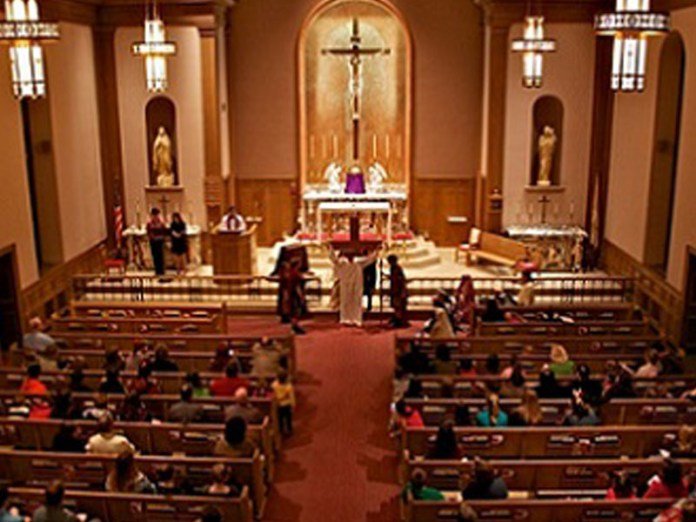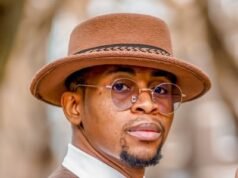 A Catholic priest, has urged the federal government to ban the two main umbrella bodies of religious organization in the country.
A Catholic priest, has urged the federal government to ban the two main umbrella bodies of religious organization in the country.
Reverend Father Gabriel Teruwose Ngbea, urged the federal government to proscribe the Christian Association of Nigeria (CAN) and Jamatul Nasrul Islam (JNI) immediately.
The priest made this known in Abuja on Tuesday, September 26, at the public presentation of the book “Constitutional Misconception of Secularism: Implications for Politics and Religion”.
The book was authored by him.
The Reverend father claimed such step would go a long way to stem the tide of religious crisis being instigated in the country.
Father Gabriel on page 302 of his book said that: “CAN and JNI should be proscribed because apart from their failed mandate of advancing religious interests that these bodies have constituted themselves into a political organization, often deployed to pursue political interests.”
He said the proscription of the two organizations would show adherence to Nigerian constitution which states that the country is a multi-religious state.
Going further, he also proposed the establishment of what he called Religious Equity Commission (REC) with a mandate to ensure that there is no discrimination among Nigerians on the basis of their faith, Nigerian Tribune reports.
“The establishment of an independent Religious Equity Commission whose mandate should be to ensure that there is no discrimination among Nigerians on basis of faith. CAN and JNI should be completely banned in the country.”
However, chairman of the occasion, Atiku Abubakar, Nigeria’s former vice-president restated his position that the present administration should listen to demands of agitators for restructuring.
Atiku who was represented by former speaker of the Plateau state House of Assembly, George Daika said: “Let me, however, use this opportunity to remind us all that at this delicate moment in our nation’s history – with separatist agitations, militancy of the religious and secular varieties, calls for restructuring, and jostling for future elections, we should all be mindful of and sensitive to the feelings and preferences of those who may not think the way we think, the way we speak or worship, the way we worship or belong to the same political party as us. Our diversity ought to be our strength and, together, we can still build the Nigeria of our dreams.”






